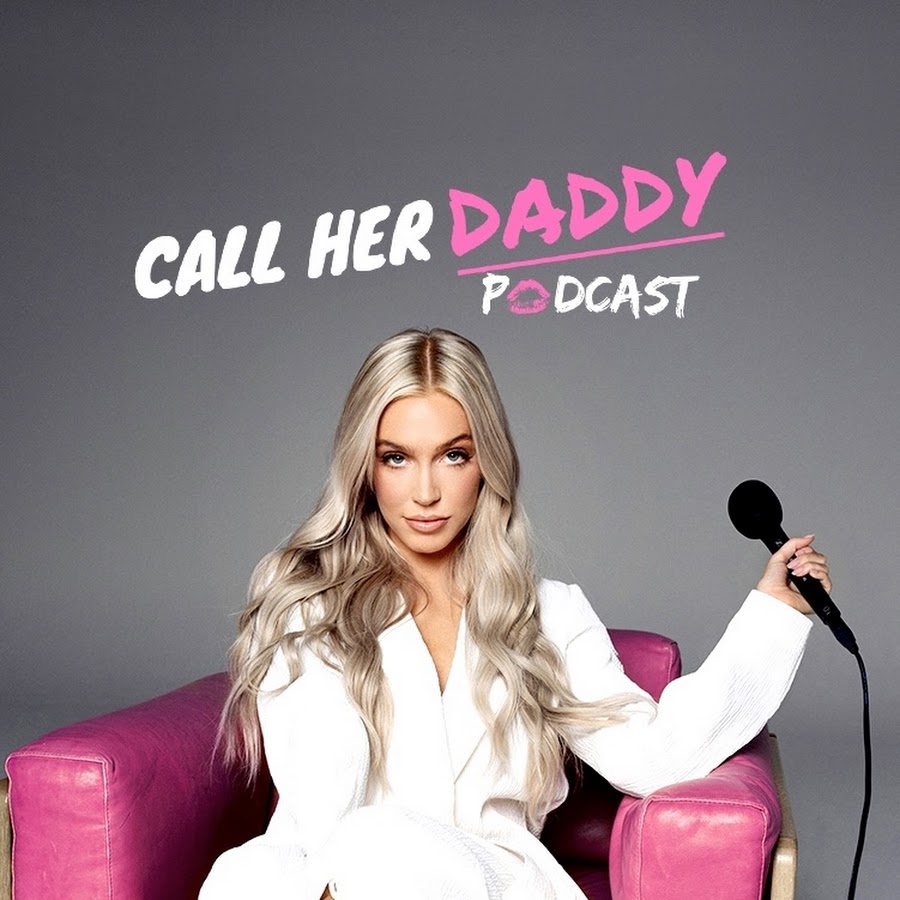‘Call Her Daddy’ masquerades as feminist
Popular podcast empower women while at the same time objectifying
November 2, 2021
“What’s up Daddy Gang, it is your Founding Father, Alex Cooper, back at it again with another episode,” is how Alex Cooper, host of the hit podcast “Call Her Daddy,” begins each episode.
But Founding Father of what, exactly?
“Call Her Daddy,” originally hosted by Cooper and Sofia Franklyn, and now just by Cooper, holds a $60 million deal with Spotify and is one of the most successful projects to ever come out of Barstool Sports, a notoriously misogynistic digital media company run by David Portnoy.
Accountability has been at the forefront of the current era of feminism, with many institutions, organizations and individuals attempting to take a stand in support of the cause, many of them doing so in an uninspired, materialized manner.
Likewise, “Call Her Daddy” takes a stab at modern feminism by seeking empowerment through traditionally masculine behaviors, marketing itself as a sex-positive, contemporary discussion of female sexuality and relationships.
It is feminist in thought, but in execution it engages in the same misogynistic behavior that feminists have fought so hard to discourage.
In fact, “Call Her Daddy” capitalizes on the struggles that the large majority, if not all, of its listener base experiences.
The show encourages sexual boldness and getting back at men for objectifying women by…objectifying men, other women and even themselves.
I would love to ask Cooper whether the objectification of sexual partners is only OK when women do it.
“Call Her Daddy” is a massive display of erroneous “girlboss” behavior mixed with internalized misogyny.
Cooper engages in the same type of “locker room talk” that feminists fought so hard to rid the White House of, but it’s OK when women do it, right?
Cooper also gives her audience some of the worst relationship advice I’ve ever heard — that it’s totally awesome and reasonable to change yourself to suit the desires of a straight man.
For someone who sneers at “pick me girls,” Cooper sure seems to enjoy male validation.
She also encourages women to rate each other on a numerical scale and tells her audience what they can and cannot do based on that rating.
In one episode with Tana Mongeau, internet personality and open user of Facetune, Cooper and Mongeau laugh about Mongeau calling herself a “beached … whale” and Facetuning herself so extensively it barely even looks like her anymore.
But that is not even the worst of it.
Feminist hero Cooper has told her female audience base on numerous occasions that they are “just a hole.”
Cooper has succeeded in making it so misogyny is not just for boys anymore. She not only validates male chauvinism, but encourages women to emulate it with misandrist behavior.
Can we really blame Cooper though, when her show falls under the umbrella of Barstool Sports, whose CEO was quoted saying that “just to make friends with the feminists, I’d like to reiterate that we don’t condone rape of any kind at our Blackout Parties in mid-January… However, if a chick passes out, that’s a grey area.”
“Call Her Daddy” does appeal to some of the desires of the modern woman — after all, a lot of women nowadays would love to have an open, candid conversation about sex and sexuality. However, the show is flawed and misguided in executing this. Instead of being a true display of feminsist ideals, it takes advantage of buzzwords and outlandish phrases to trick the audience into thinking that it is either use or be used.
Some fans attempt to defend “Call Her Daddy” by saying it is just comedy. But in order for this sexist abomination to be categorized as a comedy, shouldn’t it actually be funny?
Funny is a relative term, yes, and it is just my opinion that “Call Her Daddy” is no such thing, but whether it makes a listener chuckle or not does not change the fact that listeners could easily internalize the misogynistic messages that radiate from this show.
The bottom line is, this seemingly feminist podcast is in fact not feminist at all, and that if we as women are tired of misogyny, maybe let’s not participate in it ourselves.
ANNA MALESIEWSKI






